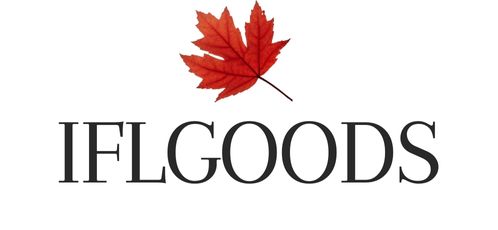A quick history of honey
Honey has been a part of human diet and culture for thousands of years. From ancient Egyptians to modern-day beekeepers, honey has been valued for its sweetness, nutritional benefits, and medicinal properties. While there are various types of honey available in the market, wildflower honey stands out due to its unique taste and health benefits. In this article, we'll take a closer look at what wildflower honey is, how it's produced, and its benefits.
What is Wildflower Honey?
Wildflower honey is a type of honey that's derived from the nectar of various wildflowers. Unlike single-source honey, which is derived from the nectar of a single type of flower, wildflower honey is a blend of nectars collected from different types of wildflowers. This gives it a unique taste and aroma that varies depending on the season, location, and flowers.
The Role of Bees in Wildflower Honey Production
Bees play a crucial role in wildflower honey production. They collect nectar from various wildflowers using their long tongues and store it in their honey stomachs. Enzymes present in the bees' stomachs break down the complex sugars in the nectar into simpler sugars, making it easier to digest. Once the bees return to their hive, they regurgitate the nectar into the honeycomb and fan their wings to evaporate excess water, creating thick, sweet honey.
The bees also add enzymes to the honey, which helps to preserve it and enhance its nutritional properties. Beeswax, a byproduct of honey production, is used to build and maintain the hive, making it an essential component of the ecosystem.
The Importance of Pollinators in Wildflower MeadowsWildflower meadows are important habitats for bees and other pollinators. They provide a diverse range of flowers that bloom at different times of the year, providing a steady source of nectar and pollen for bees. Pollinators play a crucial role in maintaining the balance of ecosystems by pollinating plants, which in turn produce fruits, vegetables, and seeds.
However, the rapid decline of pollinators due to habitat loss, pesticide use, and climate change poses a threat to the environment and food security. By supporting local beekeepers and consuming wildflower honey, we can help to protect pollinators and promote sustainable agriculture.
Health Benefits of Wildflower Honey
Wildflower honey is not only delicious but also packed with health benefits. It contains antioxidants, enzymes, vitamins, and minerals that boost immunity, promote digestion, and soothe sore throats. Unlike processed sugar, which has no nutritional value, wildflower honey provides a natural source of energy and helps to regulate blood sugar levels.
Studies have also shown that wildflower honey has antibacterial and anti-inflammatory properties, making it an effective treatment for wounds, burns, and infections. It's also a natural cough suppressant and can alleviate allergy symptoms.
A testament to the beauty and diversity of nature
Wildflower honey is a testament to the beauty and diversity of nature. Its unique taste and health benefits make it a valuable addition to any kitchen. By supporting local beekeepers and promoting sustainable agriculture, we can help to protect pollinators and preserve wildflower meadows for generations to come. So, next time you enjoy a spoonful of wildflower honey, take a moment to appreciate the hard work of bees and the wonders of nature.

